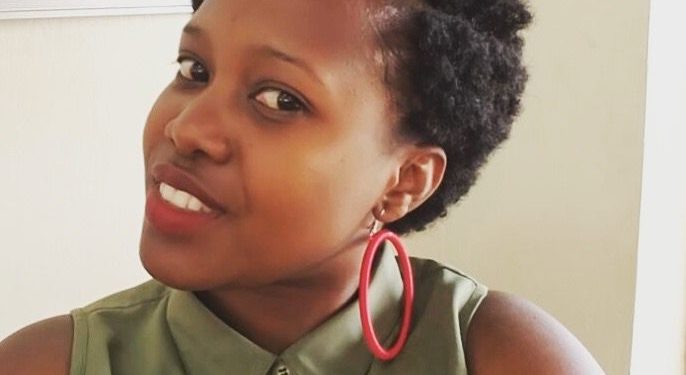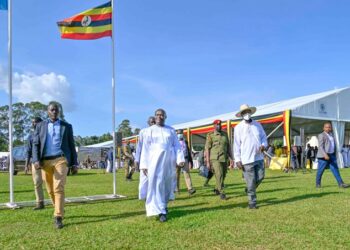The trial over Susan Magara’s kidnap and brutal murder has pulled back the curtain on a haunting reality, one that no family should ever endure. With the presentation of video evidence in court, a horrific picture of terror, greed, and heartlessness has emerged. Susan’s death, a harrowing act of cruelty, was not just a crime; it was a heart-wrenching tragedy that tore a family apart, shook a community to its core, and left the nation grieving.
The courtroom has turned into a theater of despair, where a once vibrant life is dissected into haunting memories and chilling details. The footage shown in court reveals the raw truth behind the kidnappers’ plan to extort a ransom from Susan’s family. In cold-blooded coordination, these individuals hatched a plan that would lead to Susan’s capture and eventual death.
Witness 22, a key figure in this trial, presented the damning evidence: video footage capturing nine accused individuals as they discussed their heinous acts. Among them, Hajarah Nakandi and Abubark Kyewolya stand at the center of this ghastly tale. The videos show them moving through various locations — but none more chilling than a church in Natete where Susan was kept captive for over a week. The holy ground, meant to symbolize peace and refuge, became a prison of despair for this young woman.
Bound and blindfolded, Susan was led from one place of horror to another, until finally being transported to Kyewolya’s home, where her final days were spent in torment. The footage leaves little to the imagination. It is a vivid reminder of the unimaginable suffering Susan endured at the hands of her captors.
Nakandi’s admission in court was the sharpest blow yet. She revealed that she was present when Susan’s fingers were gruesomely cut off as part of the kidnappers’ sick plan to pressure her family into paying the ransom. One cannot fathom the terror that Susan must have felt in those moments—trapped, helpless, knowing that her life was slipping away piece by piece.
Kyewolya’s recount of how he collected the ransom money does nothing to ease the sorrow. He meticulously guided investigators to the site where Susan’s body was discarded like a piece of waste—near the Kajansi-Entebbe Expressway. Even after receiving the ransom, these criminals showed no mercy. Instead of releasing her, they chose to extinguish her light forever.
The list of those accused reads like a roll call of tormentors: Yusuf Lubega, Hussein Waswa, Muzamiru Ssali, Abubark Kyewolya, Mahad Kisaalita, Hassan Kato Miiro, Ismail Bukenya, Musa Abas Buvumbo, and Hajarah Nakandi. Their names now stand forever linked to an act of depravity that leaves us questioning the very nature of humanity.
As the trial continues, one can only hope that justice will be swift and decisive. But no punishment will ever be enough to erase the pain that Susan’s family feels. Her father, businessman John Magara, will never again hear his daughter’s laugh. Her community will never forget the fear and sorrow that rippled through its streets on February 7, 2018, the day she was kidnapped from Kabaka Anjagala Road in Mengo.
This is more than a case of murder; it is a sobering reminder of how fragile life can be, and how deep the scars of loss can run. For Susan Magara’s family and for all of us, this trial is not just about seeking justice—it is about finding a way to heal from an unimaginable wound.







Discussion about this post